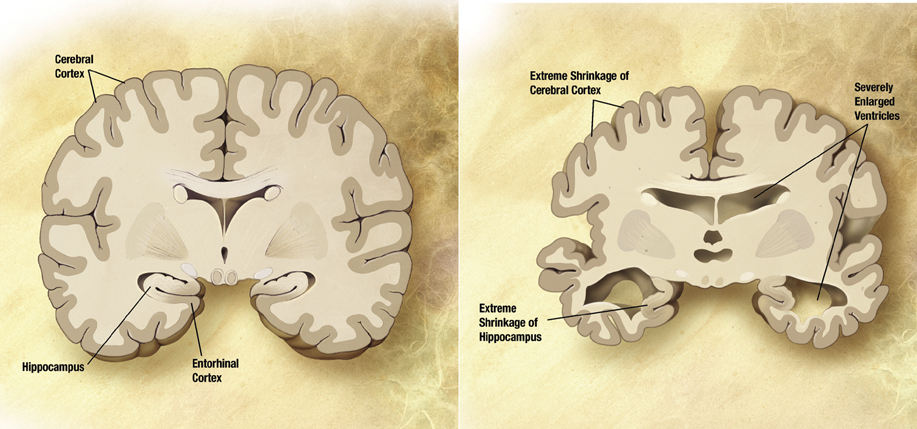An 18-month-long international study of a potential Alzheimer’s drug has begun, and Ireland is playing a big role. The project, coordinated by Brian Lawlor, Connolly Norman Professor of Old Age Psychiatry at Trinity College Dublin, is set to be one of the most intensive and significant studies in over a decade of Alzheimer’s treatment research.
Professor Lawlor has worked on dementia for almost his entire career and in 2011 applied for funding from the European Union to test whether the drug nilvadipine, currently used as a blood pressure medication, has any effects on the progression of Alzheimer’s Disease. Alzheimer’s Disease is the most common form of dementia and gradually advances over time, affecting memory, thinking, and behavior. Fifteen million people worldwide and one in six over the age of 80 suffer from Alzheimer’s.
After winning €6 million in funding, Lawlor created a consortium of Alzheimer’s experts from 16 organizations in the EU plus one Florida drug company to participate in a larger, 5-year study called NILVAD (Nilvadipine in Alzheimer’s Disease).
This 18-month study is the first major clinical trial of the larger research initiative and includes over 500 male and female participants (about 100 of whom come from Ireland), ages 50-90, who have been diagnosed with mild to moderate Alzheimers. Nilvadipine is already approved for use in humans for cardiovascular disease and showed promise in pilot trials as a treatment for Alzheimer’s where the drug led to improved memory and a reduced rate of progression of Alzheimer’s disease in subject mice. If proven successful in humans, nilvadipine will represent a big breakthrough in the field, as no new drugs have been approved for Alzheimer’s since 2002.
In an interview with Irish Medical News, Lawlor argued that Alzheimer’s disease “is one of the most significant health and social care problems that’s facing us with an ageing society and changing demographics; so it’s not just about the cost burden but also the impact on the person and on [caregivers] and society.”


Leave a Reply